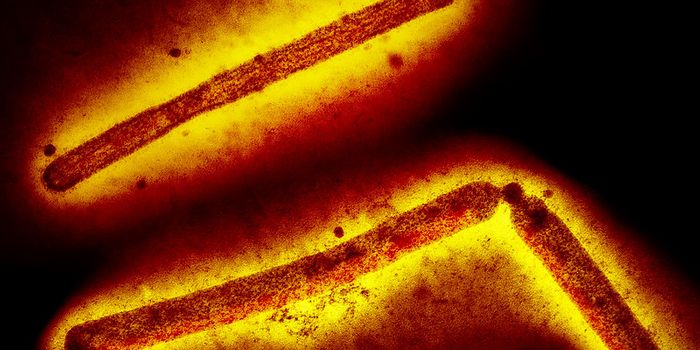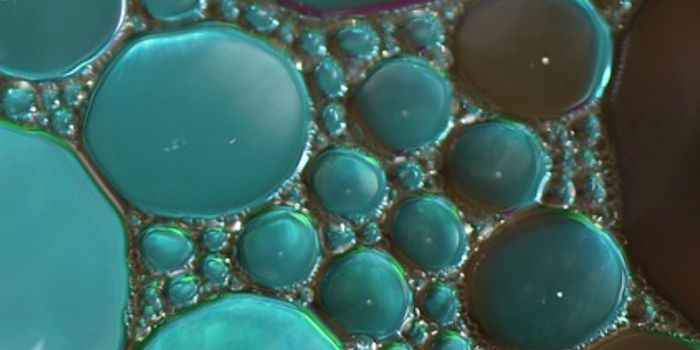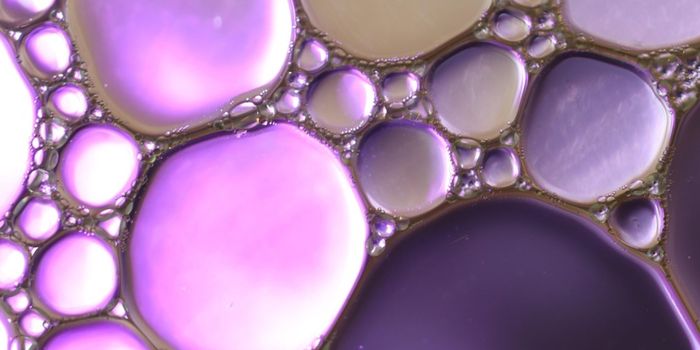Can This Cat Parasite Become a Tumor Treatment?
You may have heard of Toxoplasma gondii because it is so common. Cats carry this parasite, and anyone that cleans a litter box can be exposed. The parasite usually doesn't cause many health problems, but it can pose a serious danger to people with a compromised immune system and pregnant women. This parasite takes up residence in host cells, where it expresses its own genome, releasing proteins that can take over the immune function of the host. This can make it easier for the parasite to spread this infection.
In a new study reported in the Journal for ImmunoTherapy Cancer, researchers engineered a strain of the T. gondii parasite that had impairments in its ability to grow and cause disease, but it was still able to have an impact on host immune function. When this tame version of the parasite was injected into solid tumors in a mouse model, the researchers found that they stimulated inflammatory action against the tumors. This happened inside of the tumors that were injected, as well as in other parts of the subject's body. Once the immune system was primed in this way, the tumors became more vulnerable to anti-tumor treatments called immune checkpoint inhibitors.
When mouse models of colon adenocarcinoma, Lewis lung carcinoma, and melanoma were given this parasite 'treatment,' survival was extended. Much more work will be needed to see if this approach will translate to humans and successfully treat cancer in people. But if tumor growth can be halted, or cancer could be made susceptible to other treatments, it could bring great relief to many people.
"The use of a mutant version of Toxoplasma gondii in the treatment of certain tumours in mice models has been previously reported. What makes this study different is the confirmation that intratumoral injection with mutant Toxoplasma gondii strain boosts antitumor immunity and the effectiveness of checkpoint inhibition therapy.
"These are significant findings and are relevant to future tumour therapy. The marked reduction in tumor size and the significant improvement in the survival of mice that received this novel combinational therapy is promising but should be interpreted with caution as further research is needed," noted study co-author Dr. Hany Elsheikha, an Associate Professor at the University of Nottingham.
Sources: University of Nottingham, Journal for ImmunoTherapy Cancer









